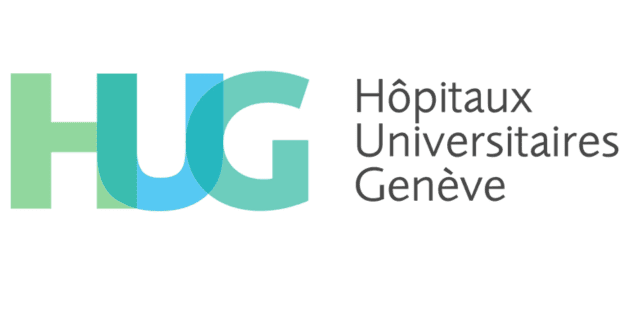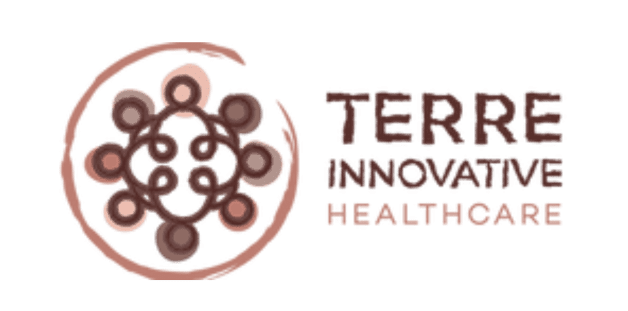
Maternal and neonatal health
Key figures

6
out of 10 birth take place at home

1
training designed in partnership

34
health personnel have been trained in 2023
Fighting maternal and neonatal mortality
In Madagascar, 6 out of 10 births take place at home, and there are 353 maternal deaths per 100’000 live births and 20 new-born deaths per 1,000 live births.
One of the reasons behind such numbers is the poorly qualified health personnel dealing with complications related to pregnancies and childbirths. Another reason is the fact that pregnant women and their families do not make enough use of health care services.
Since August 2020, thanks to the financial support of ESTHER Switzerland, Enfants du Monde has been working with the Geneva University Hospitals (HUG) to set up a training programme for the healthcare staff of the Centre Hospitalier de Référence of the Ambanja District, in collaboration with the country’s and hospital’s training teams, to improve the quality of maternal and neonatal care.
Our impact
- Ensuring adequate and respectful care for pregnant women, young mothers, and newborns.
- Ealth workers acquire the necessary skills to improve the care of women consulting
- Women are informed about pregnancy-related risks, and to obtain their consent for basic medical procedures.
Training the local team remotely
The health crisis did not allow the Enfants du Monde team to travel to the field to provide training. Therefore, training was conducted remotely during the autumn of 2020. The training programme was organised around several modules available on an online platform, translated into Malagasy as audio recordings.
The following modules were covered:
- The situation of maternal and neonatal health in the world and in Madagascar
- The right to maternal and neonatal health
- Respect for women and newborns
A module about COVID-19 was included to make health care providers aware of the impact of disease on maternal and neonatal health. Such module provides medical staff with information about how to protect themselves and how to contribute to keep women and newborns safe during consultations.
In addition to the theory, the training includes practice. This practical part allows medical staff to implement the content of the training and to regularly interact with the training team, in order to improve it continuously. This method also allows us to identify the training needs of healthcare professionals. Enfants du Monde is planning to expand its scope of action beyond the Ambanja District hospital by making the training available to health care personnel in rural health centres.
A committed team with diverse skills
From experts belonging to the HUG and Enfants du Monde, to the local team of the Ambanja District Hospital in Madagascar, to the members of the Malagasy diaspora in Geneva, and the volunteers, many actors participated in designing and implementing this long-distance training.
« We have developed a close relationship with the Ambanja hospital team and have learnt to rely entirely on them to implement each stage of the project. The local team greatly helped us in facilitating the training at the local level. »
Cecilia Capello
Supporting pregnant women during the pandemic
Special attention was also given to information on COVID-19 to promote protective safety measures among women and to provide them with information on the impact of disease during pregnancy and on the newborns, to help them adopt the right measures.
Posters aimed at pregnant and breastfeeding women were developed in collaboration with Terre Innovative Healthcare, to explain protective safety measures and precautions to be taken against COVID-19. Such posters were used to spread information which is crucial to the health of women and their babies, such as the importance of continuing to breastfeed even for women infected with the virus, for instance.
Future prospects
Following the very good results obtained during the pilot phase of the project, Enfants du Monde will continue to provide training between 2022 and 2024, with 40 healthcare providers in 11 health centres, as well as in the Centre Hospitalier de Référence in Ambanja District. Healthcare personnel working in delivery rooms will be trained in respectful care. A programme to understand the causes of maternal mortality including an e-learning and e-simulation component will also be implemented. Finally, emergency simulations will be organised at unspecified times to help evaluate and improve procedures during obstetric emergencies.
Financial partners


My donation makes a difference
I provide bilingual school manuals in French and Mooré (the local language) for 10 children in Burkina Faso, enabling them to make better progress at school.
I’m helping 700 pregnant women in Bangladesh to prepare for the birth of their baby and the risks associated with childbirth.
I fund a continuing education training in bilingual education for 17 teachers in Guatemala, to improve the quality of their lessons.



